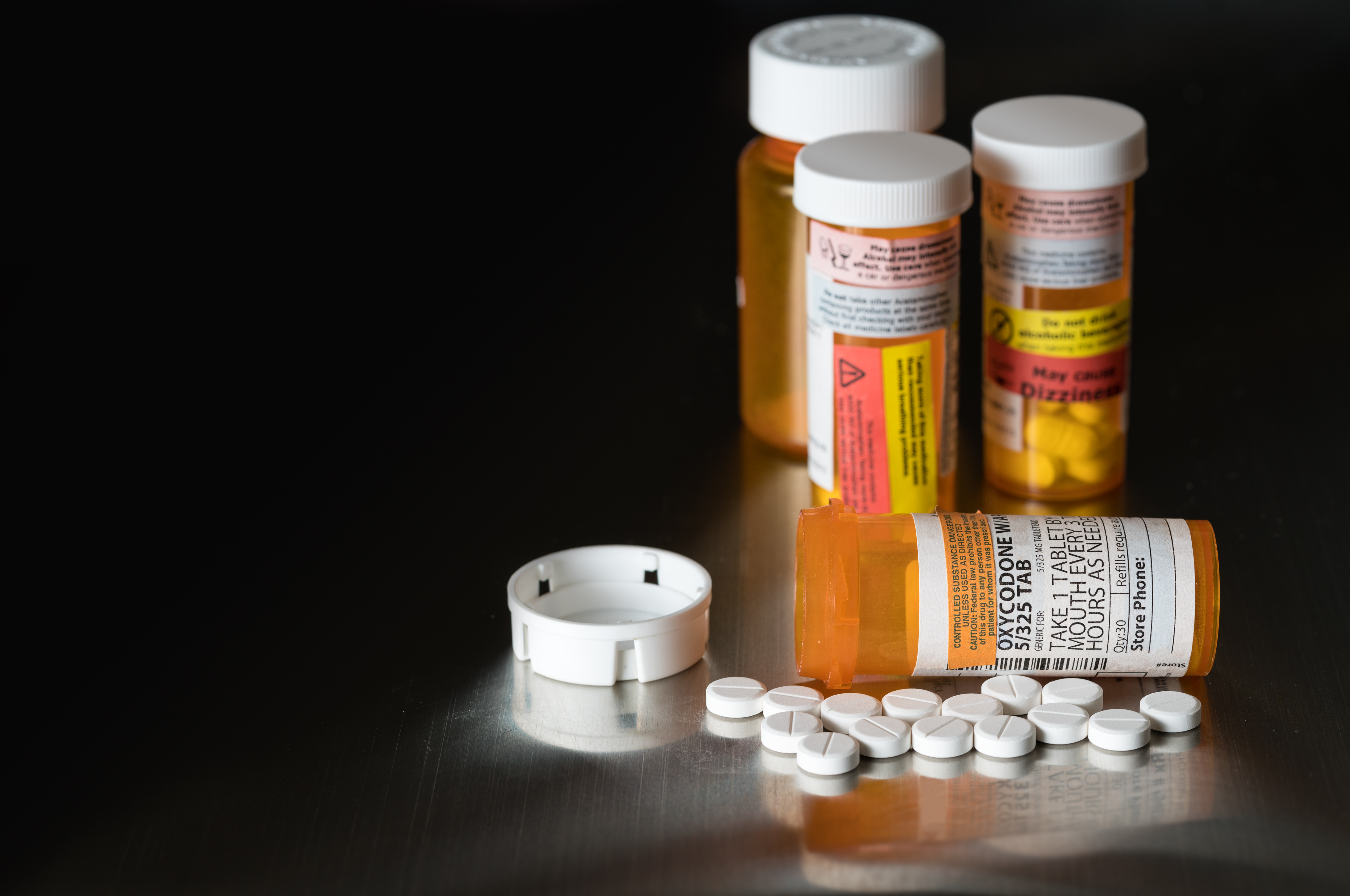“A young man goes to the doctor complaining of severe pain in his back. He expects and trusts that a medical expert, his physician, will assess his pain and prescribe the appropriate treatment to reduce his suffering. Prior research suggests that if he is Black, then his pain will likely be underestimated and undertreated compared with if he is White.” (Hoffman, Trawalter, Axt, Oliver p. 1) As a psychology major, I read plenty of scholarly articles throughout my undergrad tenure; but none was more profound than this article from which I extracted the above quote. It has deeply influenced my view of the unjust biases that affect medical treatment in today’s society. The article spotlights long held stereotypes of biological differences between Blacks and Whites and how Blacks patients are given lower pain ratings than their White counterparts. Many White scholars, medical students and residents have endorsed these stereotypes, basically saying that a Black person’s skin is thicker than a white person’s skin and biologically has a higher threshold for pain and doesn’t require as much protection. This racially biased and inaccurate endorsement leads to Blacks being routinely under prescribed pain medications and Whites being over prescribed by their physicians. Now enter America’s opioid epidemic. It is being described as one of the worst ever drug crises. In 2016 alone, opioid overdoses killed nearly eight times the number of U.S. military service members killed in the post-9/11 wars in Iraq and Afghanistan. Analysts say the drug crisis began with the over prescription of legal pain medications, like oxycodone along with the influx of cheap heroin and synthetic opioids. Also, many doctors began prescribing opioids in the 1990s for patients who had undergone surgery or cancer treatment; but more recently, physicians have been prescribing them for back and joint pain. Unsurprisingly though, the demographics of the crisis are overwhelmingly non- Hispanic white Americans, who make up 80% of users. Could there be a connection here???? Hmmmmmm…. Is it possible that the same white biased professionals who believed that black patients would become addicted to their medication, sell it, or be unconcerned about their pain, inadvertently inflicted this plague on their own community??? It seems safe to conclude that black patients are less likely to be prescribed larger amounts of pain medication and thus less likely to become addicted to the opioids. So, in an ironic twist, the conscious (and possibly unconscious in some cases) bias of many physicians has ultimately spared and protected Black people from becoming addicted to opioids. Historically, Black people have endured a painful, dehumanizing, and torturous past that is still being reinstituted today through political, medical and other systematic forms of racism. We as Black people have had to constantly endure atrocities but we remain unbreakable. Yes, there is a certain strength in Blackness but not because of the physical thickness of our skin. It’s our unmatched spirit of resiliency that lives on far past any epidemic, tragedy or calamity.]]>
Trending Now
Today's Must Read
Buying Black
© We Buy Black LLC All rights reserved | We Can Not Stop Now!








